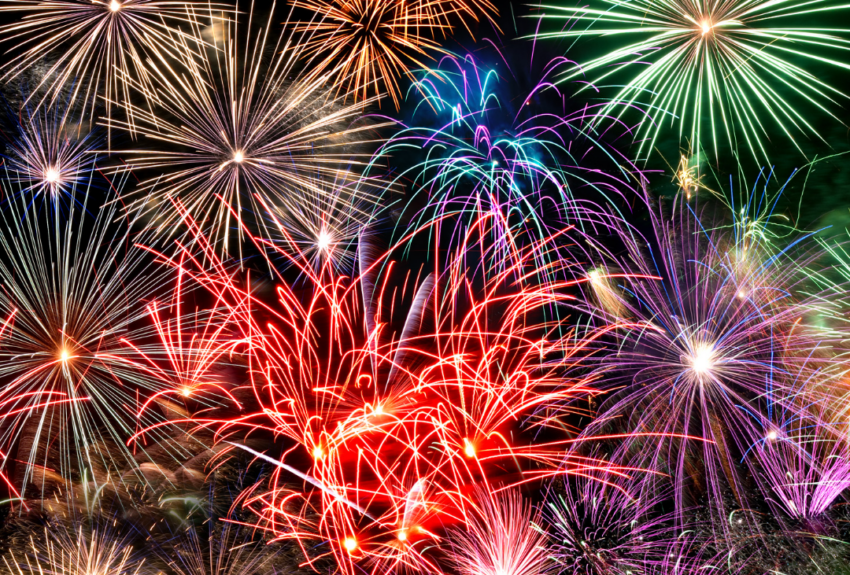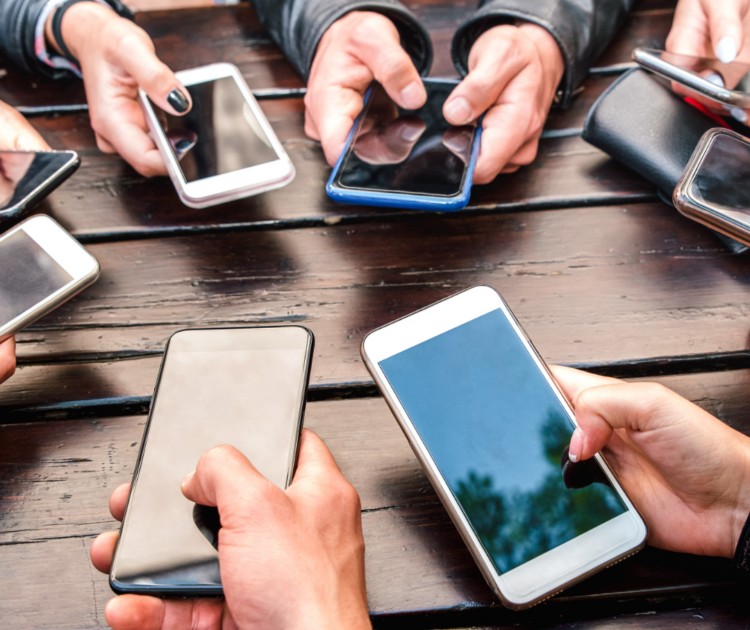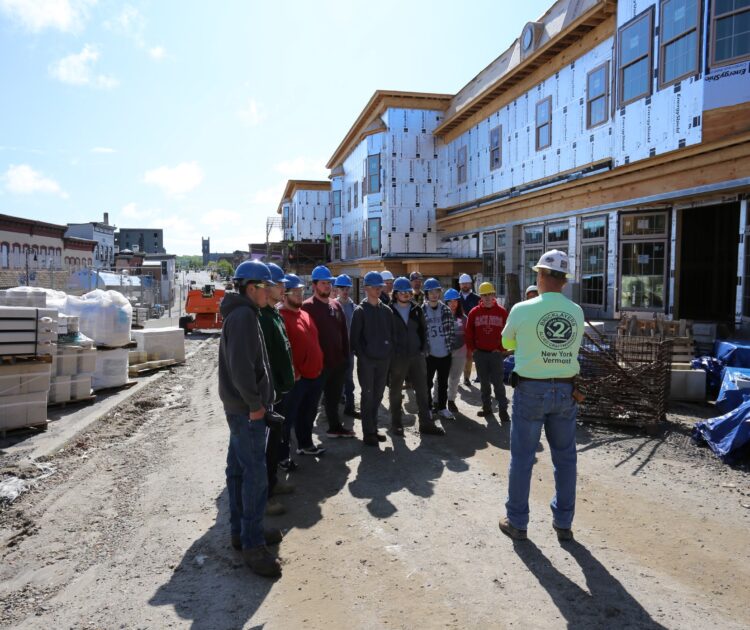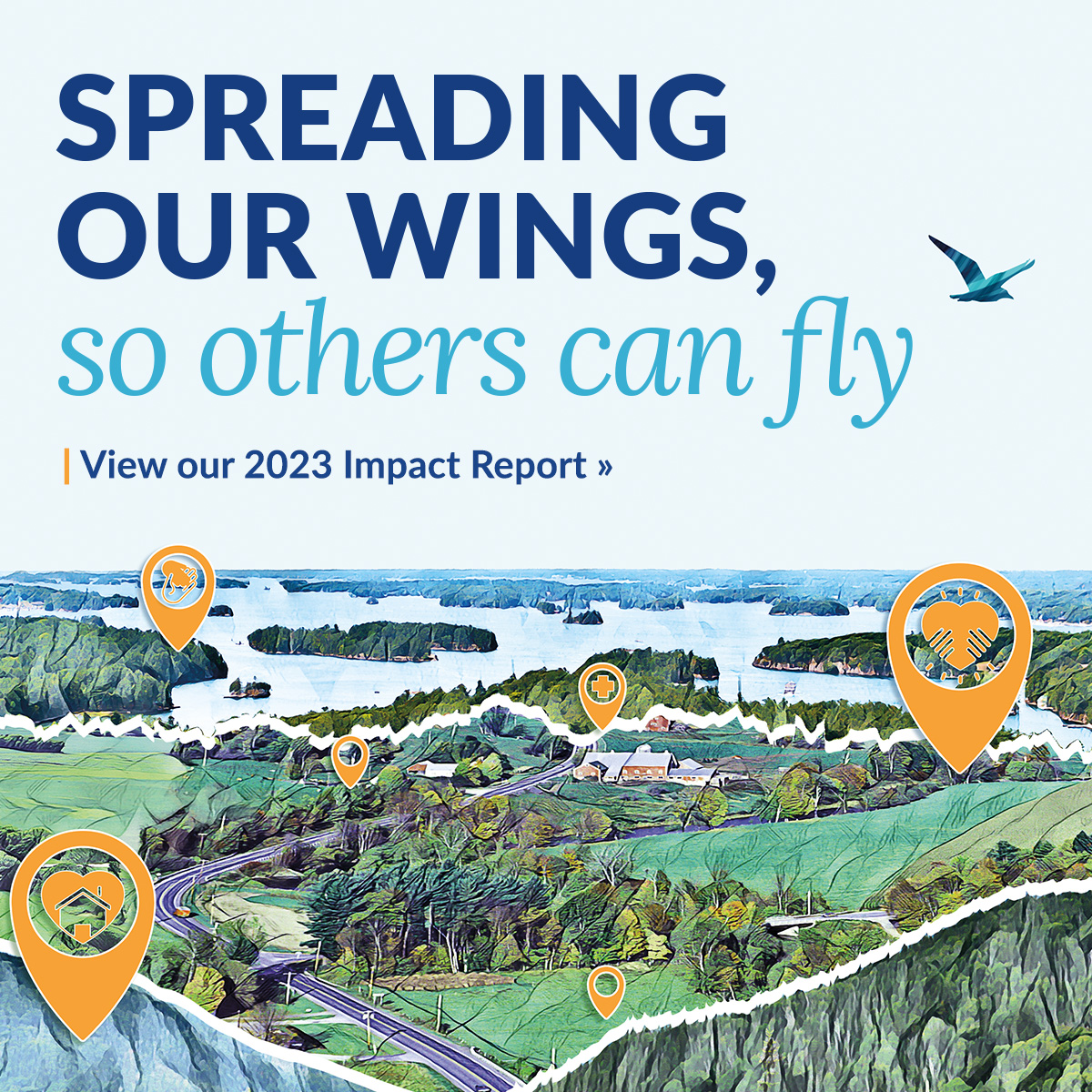Independence Day is a time of celebration, marked by dazzling displays of fireworks across the country. While fireworks evoke a sense of joy and patriotism for many, it’s important to recognize that they can have unintended consequences for a significant portion of our population.
Veterans living with post-traumatic stress disorder (PTSD) may experience heightened anxiety, distress and triggers during fireworks festivities. As citizen advocates, it is crucial to understand the impact of fireworks on veterans with PTSD and work towards creating a more inclusive and supportive environment for these brave individuals.
Understanding PTSD and its Triggers
Post-traumatic stress disorder is a mental health condition that can develop after experiencing or witnessing a traumatic event. Veterans, who have often been exposed to combat or other traumatic situations, are particularly vulnerable to PTSD. Common symptoms include flashbacks, nightmares, hypervigilance, irritability and avoidance of triggering situations.
Fireworks and PTSD
Fireworks, with their loud explosions, bright lights and sudden bursts, can serve as powerful triggers for veterans with PTSD, igniting traumatic memories and eliciting intense emotional distress. The sudden and unpredictable nature of fireworks can mimic the chaos and danger of combat situations, leading to heightened stress responses. The loud noises can provoke flashbacks or intrusive thoughts, while the bright lights can mimic explosions or gunfire. .
The Importance of Sensible Celebrations
Fostering a community that values and respects the lived experiences of veterans is essential. Here are a few suggestions to create a more inclusive Fourth of July environment
Public Awareness Campaigns
Collaborate with local organizations, veterans support groups and mental health professionals to raise awareness about the impact of fireworks on veterans with PTSD. Share information through social media, community newsletters and public service announcements.
Collaboration with Event Organizers
Engage in discussions with event organizers and municipal authorities to encourage sensitivity towards veterans with PTSD. Request alternatives such as quiet fireworks or designated quiet zones to which veterans can withdraw, if needed.
Neighborhood Communication
Encourage community members to communicate and be mindful of their neighbors who may be living with PTSD. Promote dialogue within the neighborhood to find ways to celebrate responsibly while minimizing the impact on those affected.
Supportive Measures
Encourage the use of noise-cancelling headphones, earplugs, or other sensory aids among veterans with PTSD during fireworks displays. Encourage local businesses to offer discounts or special hours for veterans to access their services when the celebrations are less likely to trigger their symptoms.
It is our responsibility to ensure that all members of our community, including veterans with PTSD, are supported and respected. By understanding the impact of fireworks on veterans and working towards more inclusive celebrations, we can demonstrate our gratitude for their service while minimizing unnecessary distress. Let us celebrate our nation’s independence while being mindful of those who have sacrificed so much to protect our freedom.


 Previous Post
Previous Post


